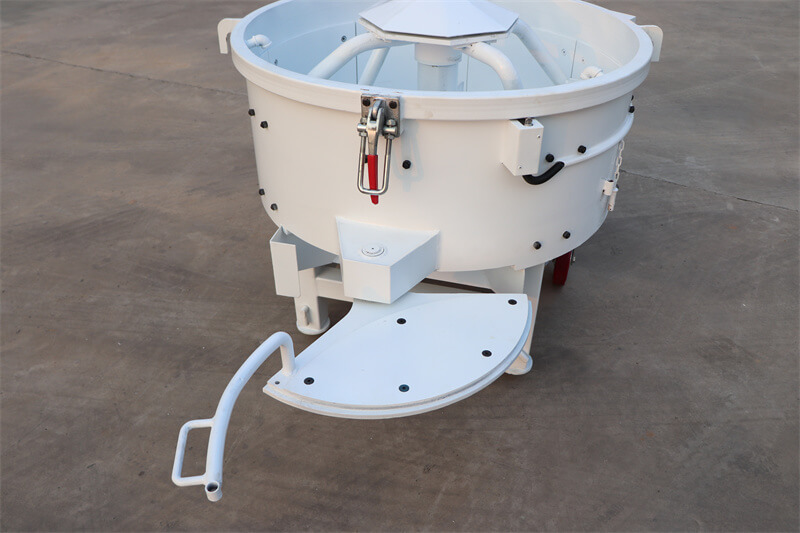Refractory mixers in Glass Manufacturing
Glassmaking is a complex and complex process that requires precision and expertise at every stage. A key component of this process is the mixing of refractory materials, which plays a vital role in the construction and maintenance of glass furnaces. Refractory mixers are essential to ensure the efficiency and quality of the glass manufacturing process.
Refractory materials are used in glass furnaces to withstand high temperatures, corrosion, and thermal shock. These materials are typically made from oxides such as silica, aluminum oxide, and magnesium oxide, mixed with binders and additives to create a durable and heat-resistant material. The mixing of these refractory materials is a critical step in glass production as it directly affects the performance and life of the furnace.
Refractory mixers in Glass Manufacturing are specifically designed to handle the unique properties of refractory materials, such as their abrasiveness and high density. Equipped with heavy-duty paddles, blades, or screws, refractory mixers in Glass Manufacturing are capable of thoroughly mixing and blending refractory materials to obtain a homogeneous and consistent mixture. Additionally, refractory mixers in Glass manufacturing are designed to withstand the harsh conditions of the glass manufacturing environment, including high temperatures, abrasion, and corrosion.
Efficient mixing of refractory materials is critical to the overall performance of your glass furnace. A well-mixed refractory material ensures the uniformity of the furnace lining, which is critical to maintaining insulation and preventing heat loss. Additionally, a properly mixed refractory material can minimize the risk of hot spots and uneven wear that can lead to premature furnace failure and shutdown.
Additionally, the quality of the refractory mixture directly affects the overall quality of the glass produced. Homogeneous and well-mixed refractory materials ensure consistent thermal performance, which is critical to achieving desired glass properties such as clarity, strength, and chemical resistance. Inadequate mixing of refractory materials can cause defects in the glass such as bubbles, streaks, and uneven thickness.
In addition to ensuring efficiency and quality, refractory mixers contribute to the overall safety of the glass manufacturing process. By thoroughly mixing the refractory materials, these mixers reduce the risk of material segregation and settling, which can lead to structural defects in the furnace lining. This in turn minimizes the risk of furnace failure and potential safety hazards for operators.
Refractory mixers in Glass Manufacturing play a vital role in the glass manufacturing process, ensuring the efficiency, quality, and safety of furnace operations. These specialized mixers are designed to handle the unique properties of refractory materials and are critical to achieving a uniform and consistent mix.







